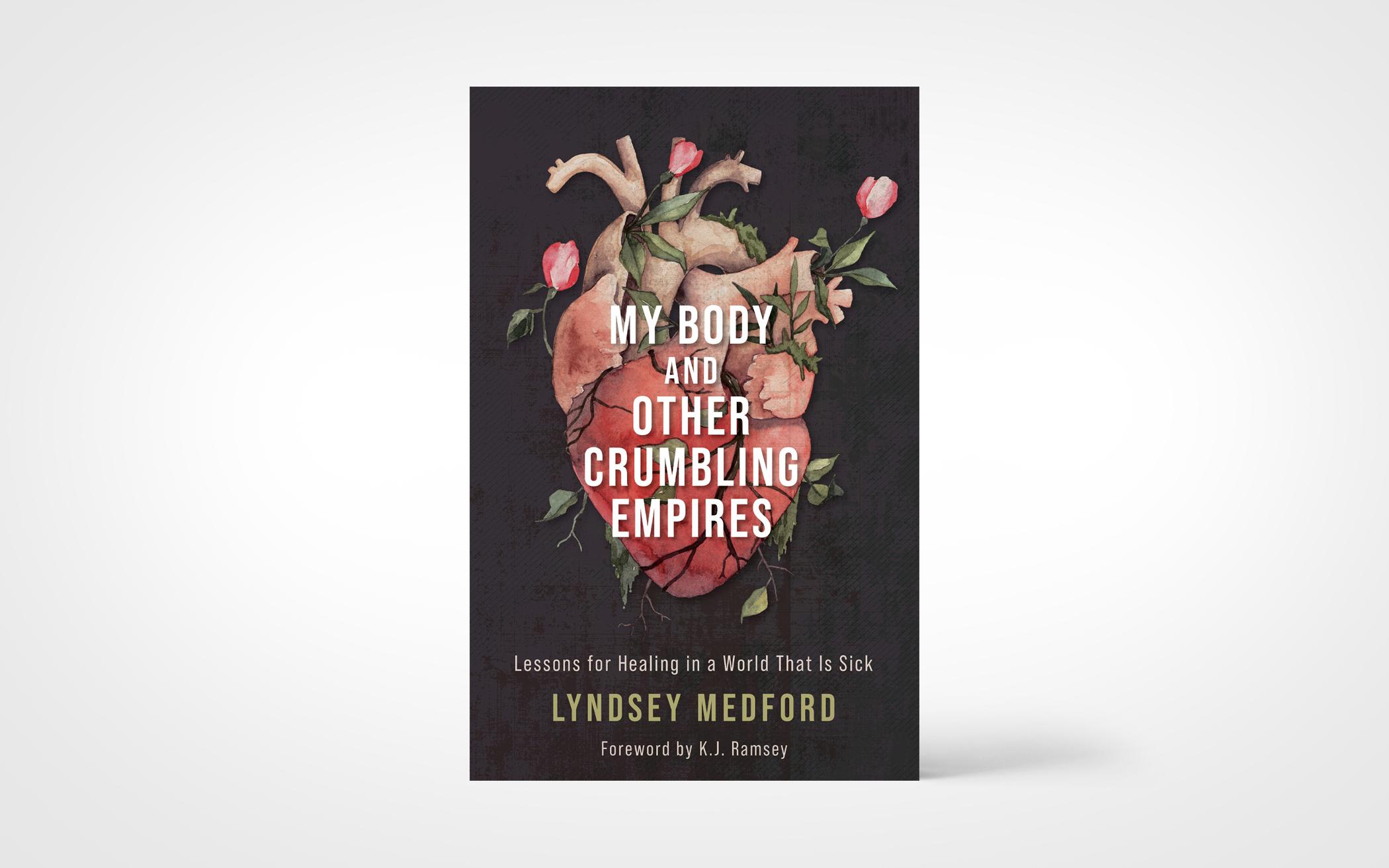As embodied beings, we need to listen to the language of our bodies. However, the Christian faith does not always mix with a healthy view of the body’s importance. When Christians adopt an inclusive view of society, they will realize how ableism has been part of the typical Christian witness narrative, a “health-and-wealth” type of gospel.
Author Lindsay Medford experienced a rare and chronic anti-immune system disease at age 26. In our achievement-oriented society, having a chronic illness felt like a mark of failure. As the author puts it, “I am a dropout from every competition I once tried to win: the race to the top of the career ladder; the unending, unwinnable beauty contest; and even the secret dream of being known as a really, really good person.” Living day to day with physical frailty and uncertainty was isolating. But when she started sharing her experience openly, this also led to deep human connections with others.
Examining the frailty of our bodies, especially after the COVID pandemic, can be very humbling. We realize that we are at the intersections of forces well beyond our control: viruses, injuries, and incurable diseases. And when we need medical care, we are faced with a complicated health care system and ever-more-complex scientific information.
Medford spent a lot of time trying to understand the human immune system. She gradually cultivated greater respect for the power of her immune system and the intricate care her body needed. Although the psalmist uttered the fear of God when pondering their creation in their mother’s womb, it is also in sickness that we regain this same fearful respect for the human body as a labyrinth of God’s masterful work.
Chronic illness also teaches us to reorient to new habits. The author experienced bouts of severe depression, which eventually led to her practicing more self-love and a slower pace of life. She became more present and centered in life. She also came to the realization that she had abused her body before rather than “encountering her as a sacred space.” We need to rediscover that peace with our own broken bodies. This making peace does not necessarily heal the body. But it heals a part of our inner self.
What I liked about this book is the author’s grand view of human brokenness. From chronic illness, revealing our bodies at war with ourselves, she views society as a human organism and also requires reconciling with itself.
Healing the brokenness in the body teaches the same lessons about the broken health care system and systemic racism. This is captured in her reflection: “When we’re deeply reintegrated with relationships that were broken—with our bodies and ourselves, with God, with our neighbors, with the earth—we are repairing and restoring webs of life that are the most fundamental, precious, and powerful systems in this universe.” (Broadleaf Books)
About the Author
Mary Li Ma is a member of Plymouth Heights CRC church in Grand Rapids, Mich. She holds a Ph.D. from Cornell University and now works as a research analyst for a national research center on education equity.

